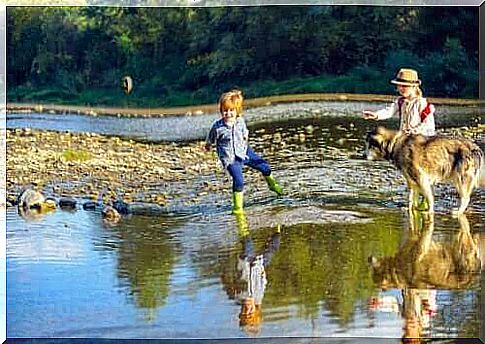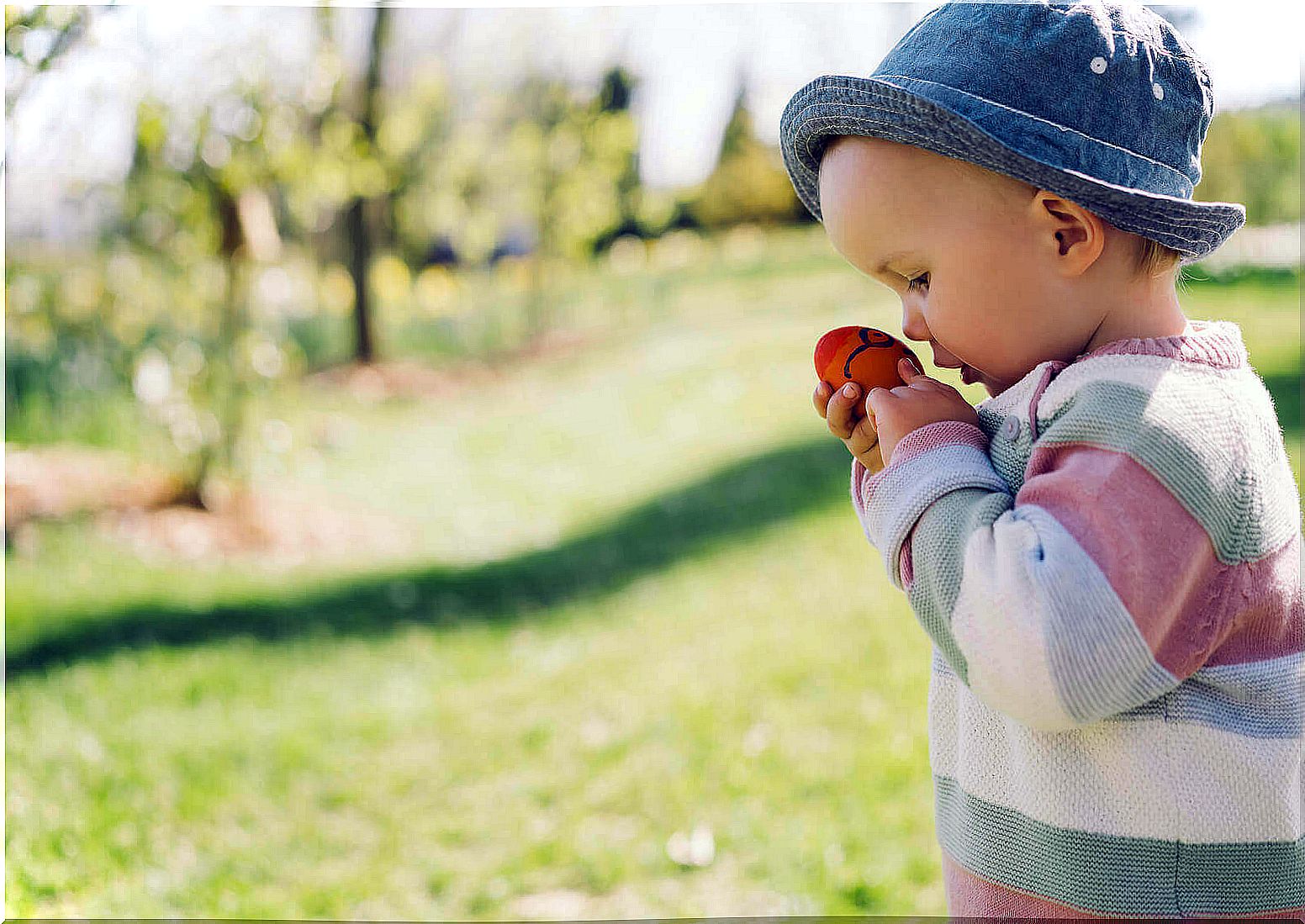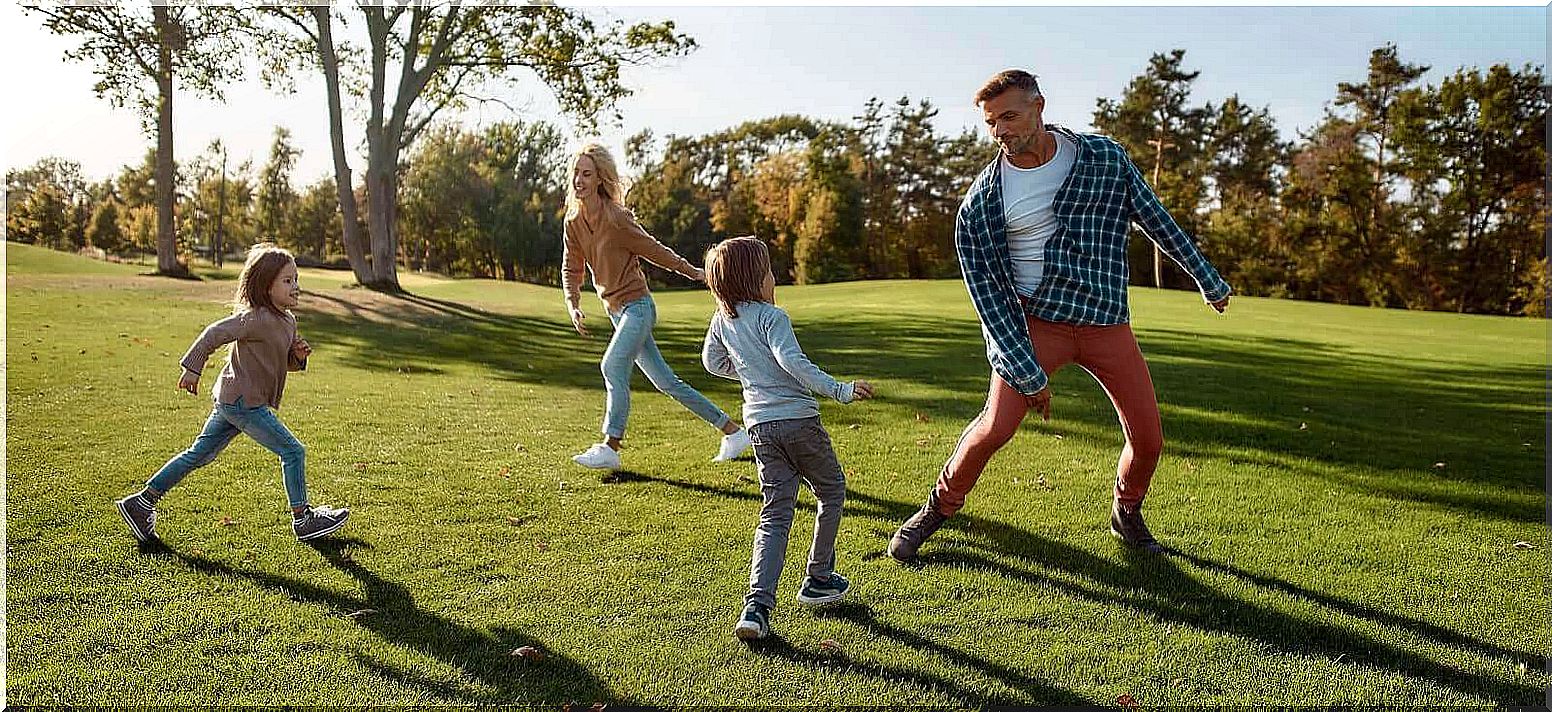The Importance Of Free Play For A Small Child

In many situations, both adults and children need rules, boundaries, and plans, but the child should also have plenty of time to play freely. The importance of free play is huge for a child, as it is not only fun and natural pastime, but also vital to his development.
What does free play mean?
Play can be divided into two broad categories – adult-led play and child-led play, both of which are important for a child’s development. A child cannot be allowed to play alone all the time, but his or her days should not be filled with planned activities that take up all of his or her free time. Also, screen time should not be a substitute for free play.
Examples of adult-led play include:
- Painting with sponges and brushes
- Character design from clay
- Building an obstacle course and competing in it
- Attending art classes
- Playing board games
- Cooking with the family

Free play is play in which the initiator is the child himself. It doesn’t involve pre-defined rules, teams, or instructors, it’s about spontaneous play that changes shape. Free play can be practiced both indoors and outdoors, as long as the child has the freedom to control the playing experience.
Examples of free play are:
- Exploring nature
- Construction of a fort
- Manufacture of homemade masquerade costumes
- Home play
- Symbolic play
The importance of free play for a small child
The child benefits from free play in many ways. Below are the three most important benefits of free play for a child’s development.
Brain development
Free play is important for the overall development of a child’s brain. When a small child explores and plays with, cortical frontal neurons or neuronal connections between t become stronger. This part of the brain is seen as the central control center responsible for solving problems, making plans, and regulating emotions.
A child’s brain processes things twice as fast as an adult’s brain, which means significant brain development. The type of stimulation that a child’s brain receives at an early stage affects the number of neurons.
Creativity
Play is a creative activity. While playing, the child is constantly thinking of new ways to promote play and entertain themselves. In fantasy games, the child uses his imagination to create stories and events in his mind and present them. Artistic activities and, for example, building with building blocks, also develop creativity. All forms of play develop creative expression.

Social skills
The child begins to learn social skills by interacting first with their parents and then with their siblings and friends. During free play, the child learns many types of social skills:
- Collaboration skills
- Playing to achieve a common goal
- Negotiation skills
- Compliance with the rules
- Consideration of other perspectives, ie the ability to empathize
- Conflict resolution independently and fairly
- Positive self-affirmation
- Following the example of others
- Experiencing sympathy
- Socially acceptable behavior
- Improved communication
As you can see, it is very important to encourage the child to play freely, as free play is very important for a small child. Guided play is also important, but free play helps the child to develop in many different areas. At home, it is worth investing in both adult-led and free play.








